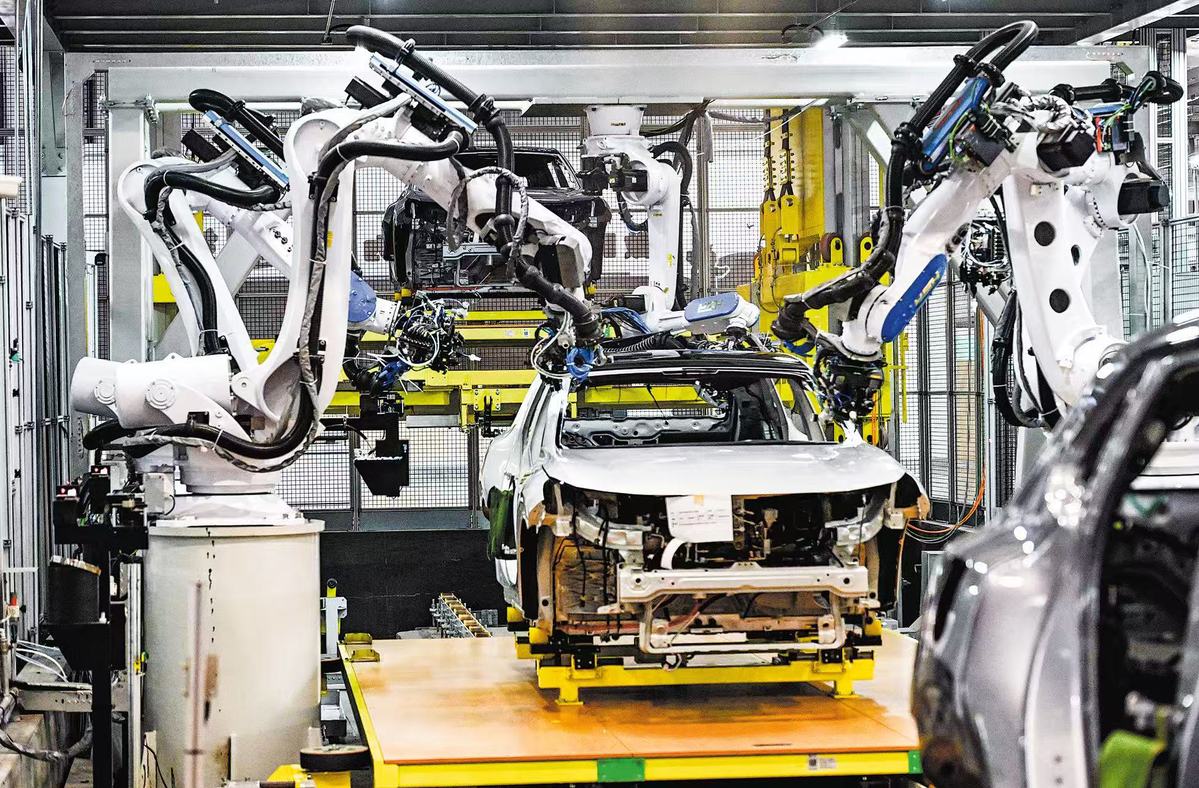Improved recalls key to enhanced auto sector


China is tightening safety oversight in its fast-evolving intelligent vehicle sector as regulators seek to improve recall management and strengthen safeguards against new risks arising from cutting-edge technologies and market competition.
"As the industry rapidly expands and the market landscape evolves, the safety situation surrounding intelligent and connected vehicles is becoming increasingly complex," said Wang Nailyu, deputy director of the defective product recall technical center under the State Administration for Market Regulation, at the just concluded 2025 World Intelligent Connected Vehicles Conference in Beijing.
"Emerging technologies, business models and applications are posing continuous challenges, while intensified and irrational competition within the industry is putting higher demands on safety supervision and regulatory innovation," Wang said.
According to SAMR data, by the end of September, China had conducted 3,230 vehicle recalls, involving a total of 120 million vehicles.
The official said that in the next phase, the regulator will enhance safety supervision of intelligent connected vehicles through an innovative recall mechanism, including the establishment of a corporate reporting system for new energy vehicle fire incidents, an over-the-air (OTA) software upgrade reporting system which allows vehicles to update software using wireless network connections, and pilot projects for safety sandbox supervision.
Strengthening recall management carries special significance as Chinese NEVs accelerate into overseas markets.
"Large-scale recalls demonstrate China's capability to meet international market challenges," said Zhang Hong, a senior NEV industry expert at the China Automobile Dealers Association.
"By improving recall management, China can effectively reduce trade frictions and market entry barriers caused by quality issues, ensuring the stable growth of automobile exports."
Zhang said China's extensive experience and data accumulation in auto recalls will also contribute to the development and refinement of global recall standards, aligning Chinese practices more closely with international norms.
From January to September, China exported 1.758 million NEVs, up 89.4 percent year-on-year, said the China Association of Automobile Manufacturers.
"The improvement and strict implementation of recall mechanisms will enhance Chinese automakers' credibility in international markets," Zhang said. "It will help further expand their global footprint and attract more overseas consumers to choose Chinese-branded vehicles, further increasing China's share in the global auto market."
Safety issues related to driver-assistance systems have become one of the leading causes of recalls. In 2024, about 2.56 million vehicles were recalled due to problems in driver-assistance systems, accounting for 23 percent of total recalls, said the SAMR.
"Driver-assistance systems integrate multiple technologies, including perception, decision-making and execution. The complexity of these components means unexpected failures may occur. In addition, software-hardware interactions can also lead to compatibility or communication errors, which further increase recall risks," Zhang said, adding that safety issues uncovered during the recall process will spur automakers to ramp up research and development investment, accelerate technological upgrades and innovation, and eventually improve product reliability and safety.
lijiaying@chinadaily.com.cn




































